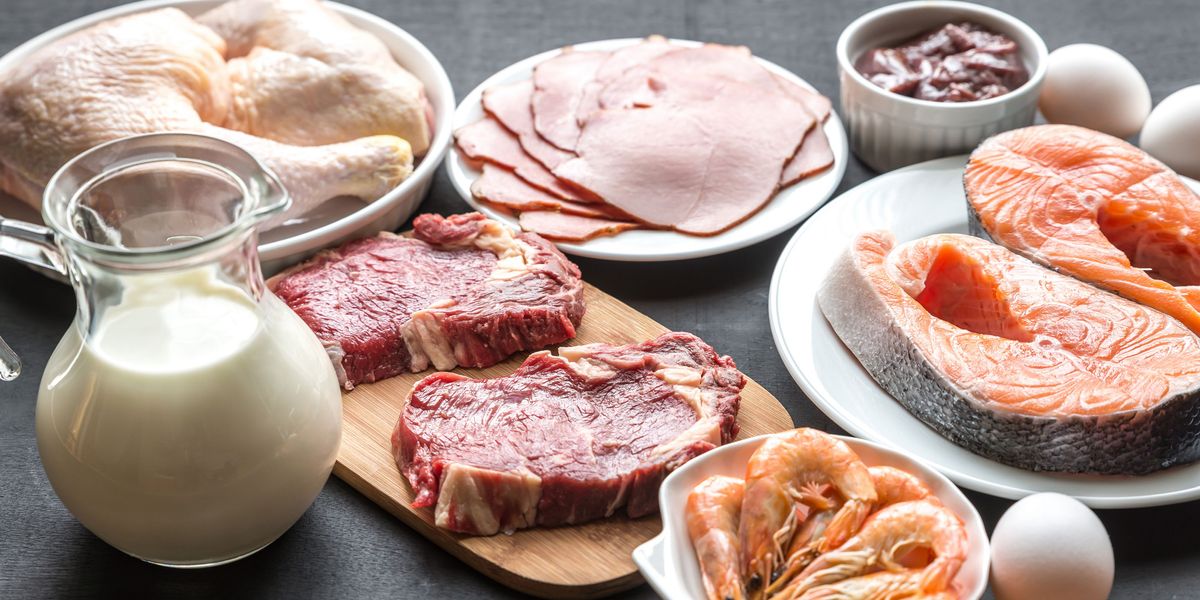Examining the Dukan Diet: For Weight Loss or Nutritional Fallacy?

An Introduction to the Dukan Diet
The Dukan Diet, popularized by French doctor Pierre Dukan, has swept the dieting world in recent waves. Constructed around high-protein and low-carb concepts, it mirrors the parameters of the keto diet in many ways. However, unlike the keto diet, the Dukan plan operates on four distinct phases: The Attack, The Cruise, The Consolidation, and The Stabilization phases. Each promising different forms of weight loss and maintenance.
The Claimed Benefits of the Dukan Diet
One potential benefit this diet touts is quick weight loss, specifically within its Attack phase. Enthusiasts argue that the diet’s lean-protein focus aids in satiety and appetite control, leading to a lesser caloric intake. However, it’s clear that this diet’s efficacy rests on a knife-edge balance - too much deviation and the weight loss effects could be compromised.
Drawbacks of the Dukan Diet
Despite the diet’s appeal, numerous drawbacks merit consideration. The main concern is the nutrition imbalance created by the heavy focus on proteins. Fruits, vegetables, and whole grains are constricted, limiting fiber and antioxidant intake. This could potentially increase heart diseases risks and nutrient deficiencies.
In terms of weight loss, early results experienced during the Attack phase may not last. The weight loss during this phase can be primarily associated with water loss due to carbohydrate restriction, not fat loss. This weight is often regained once carbohydrates are reintroduced in following phases.
The Verdict: For or Against?
While the Dukan Diet may offer a fast track to initial weight loss, maintaining this lifestyle long-term could prove difficult and potentially harmful. Before starting any diet, it’s recommended to consult a health professional. They should identify a plan that balances nutritional needs with weight loss aims. For many, this may not be the Dukan Diet, but a combination of balanced eating and exercise.
The best diets are not ones marked by restriction but by inclusion of an array of foods, including those that offer powerful antioxidants and even potentially metabolism-boosting components like green tea. Nutrition shouldn’t be a game of high stakes, but rather an understanding of the ingredients that fuel us and help us to thrive.